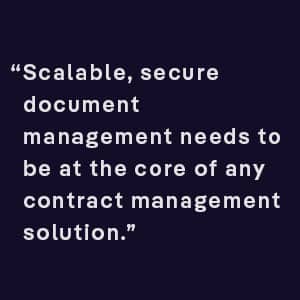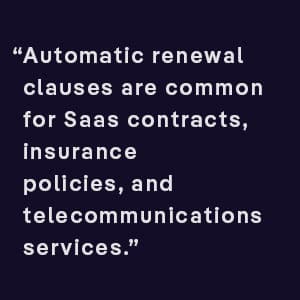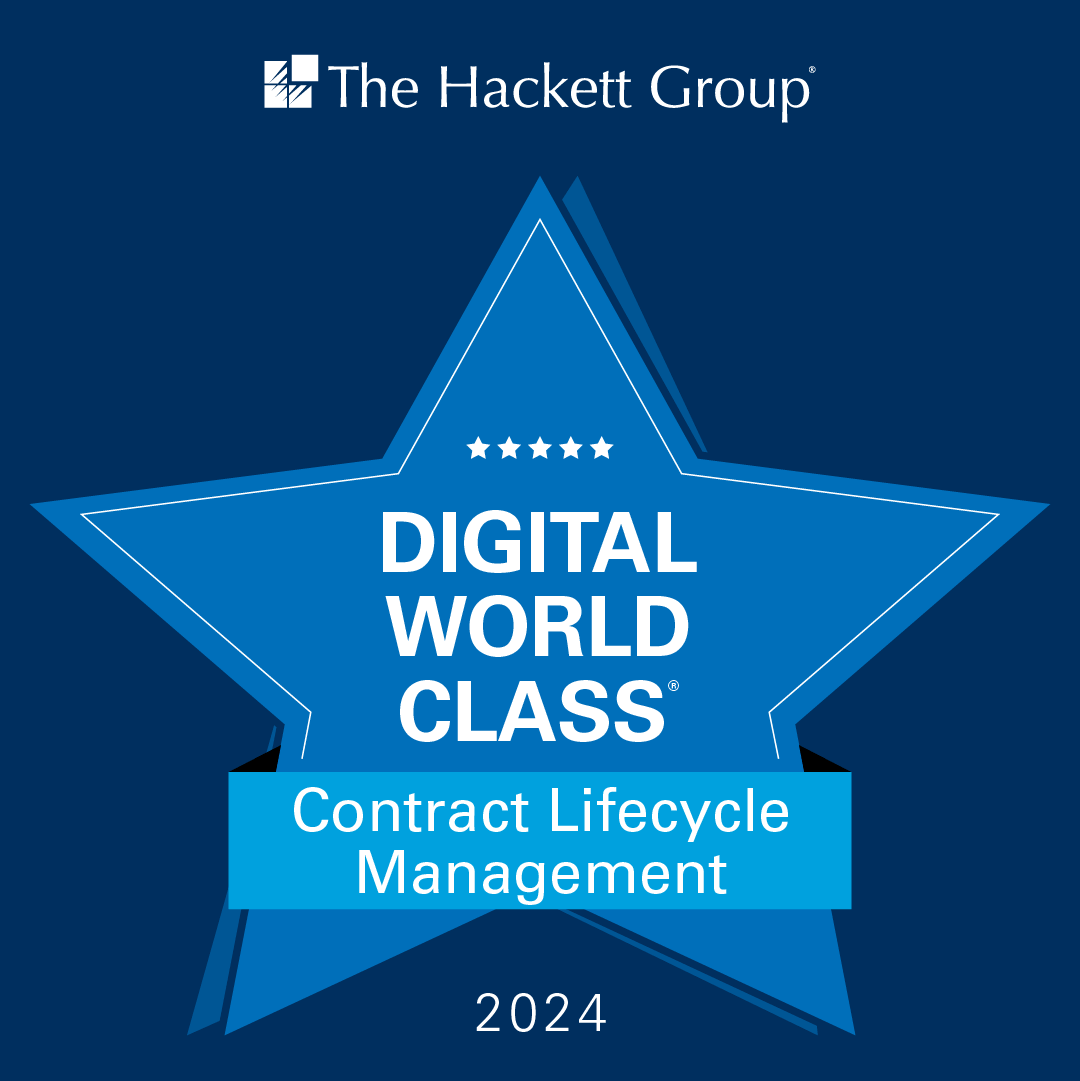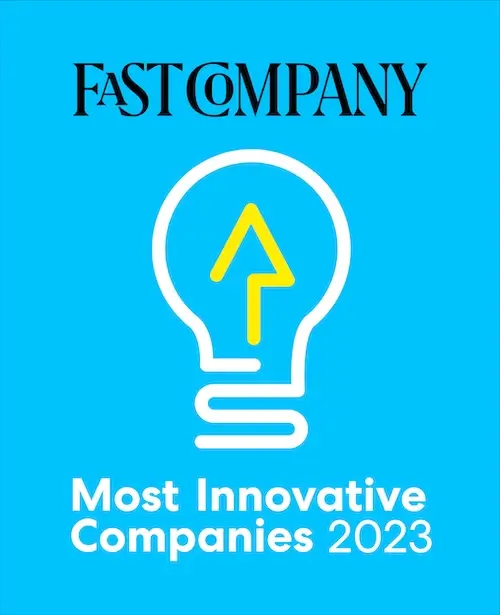You have likely heard that it costs around five times as much to acquire a new client as it does to retain an existing one. As long as a customer has a need for a company’s services and feels that they are getting full value for their investment, it is less challenging to keep that customer than to land a new one. In fact, it is even less challenging if you have already adopted contract renewal management software
What is Contract Renewal Management Software?
Contract renewal management software is especially valuable when the agreement expiry date is approaching and parties to the agreement have three choices:
- Agree to extend the contract terms for another year or another defined period of time
- Renegotiate agreement terms and enter a new contract, if the products and services of the initial contract need to be modified, or if a scope of services should be defined
- End the business relationship once the terms of the original contract have been met or the parties agree to move on
Some companies naively prioritize their client relationships during contract negotiations, whenever payments are due and when a customer shows signs of taking their business to a competitor.
During the days and weeks leading up to contract renewals, it may be too late to prioritize your client relationships. So, it is critical to ensure your business is meeting your obligations and the customer’s critical success criteria — right from the start of your relationship until it has run its course.
Here are five ways contract renewal management software impacts your contracting process — and the success of your entire enterprise.
1. Streamline Contract Creation
Creating and maintaining a library of contract templates with a contract lifecycle management (CLM) system is far more effective than entrusting contract authors to manage the process from their computers.
The ease of sourcing a contract template from the repository, before dragging and dropping only approved paragraphs into and around a document, adds important efficiencies and controls to the authoring process.
Once a contract is authored, running it through an automated review process helps to get a contract approved and accepted the first time around — and when it comes time for renewal.
2. Employ Core and Predictive Analytics
The pace of modern business is very quick, and contract-related circumstances change too often to rely on spreadsheets to understand whether a business is meeting its obligations. Unfortunately, though, the average company loses 9.2 percent of its bottom line due to ineffective contract management, according to World Commerce & Contracting.
A CLM platform, with a sophisticated, AI-powered analytics engine, detects problems that exist in the present and identifies future outcomes based on action or inaction. Contract management systems (CMS), with secure, shared repositories of active and historical agreements, are a vital corporate knowledge resource, too. So clearly, companies that work under performance-based contracts have lots of incentives to implement real-time contract analytics.
Your organization may be like the average Fortune 1000 company and hold between 20,000 and 40,000 active contracts. Or it may have significantly more or less. Either way, your ability to monitor their performance in real-time and be proactive about addressing challenges can increase your renewal rates substantially.
3. Use Advanced Document Management Functionality
Many of the core functions of a user-friendly document system are necessary for an organization to manage contracts. Think version control, digital rights management, and advanced search.
Audit trails are especially effective for identifying which user was last to look at an agreement. They may have critical information about addressable circumstances that could prevent the client from renewing their contract. Or an audit trail could be required for litigation purposes.
But scalable, secure document management needs to be at the core of any contract management solution. After all, near-instant access to contract information should not be taken for granted by legal and operations managers alike.
4. Automate Contract Workflows
Automatic renewal clauses — also known as evergreen clauses — are common for software as a service (SaaS) contracts, insurance policies, and telecommunications services. Renewal management software can be configured to send customers reminders of pending contract renewal notices before the renewal dates.
As lucrative as automating workflows is, 83 percent of companies do not automate standard contracting processes — as ContractPodAi highlighted in the 2020 research report, Contract Management Usages and Practices. But the good news is that 81 percent of respondents plan to adopt automation to realize benefits like the following:
- Time and cost savings
- Improved accuracy and consistency
- Improved task management
- Elimination of human errors
In fact, many workflows, including electronic signatures, contract negotiation redlining, clause generation, and agreement analysis, can be automated today. And automating high volume, low-value workflows can drive systemic improvements by helping human contract managers maintain communication with negotiation partners and other stakeholders. A workflow as simple as a follow-up reminder, for example, can make the difference between retaining a customer and forcing them to make the leap to a competitor.
5. Do Business More Easily
Contracts — and contract management — can be needlessly complex, and mired down with inefficiencies and risks. And convoluted agreements can be seen as a red flag as to how a business relationship will unfold. But these days, there is no excuse for renewal language to be as complicated — or more so — than an original agreement.
Contract complexity is often the result of too many people being involved in a contract renewal proposal or approval process. However, contract renewal software can regulate read and edit permissions to prevent, as the saying goes, ‘too many chefs from spoiling the soup.’ Both at the beginning of a business contract and when it is time to renew, negotiating over email and volleying multiple contract versions back and forth can be rather chaotic. But a secure contract negotiation portal can streamline processes, making the sharing of annotated, redlined, and approved agreements much easier.
Are you seeking to digitally transform your contract renewals processes or other CLM practices? Is your current contract management application failing to meet your ROI goals? Contact us for a consultation around your unique business requirements.










